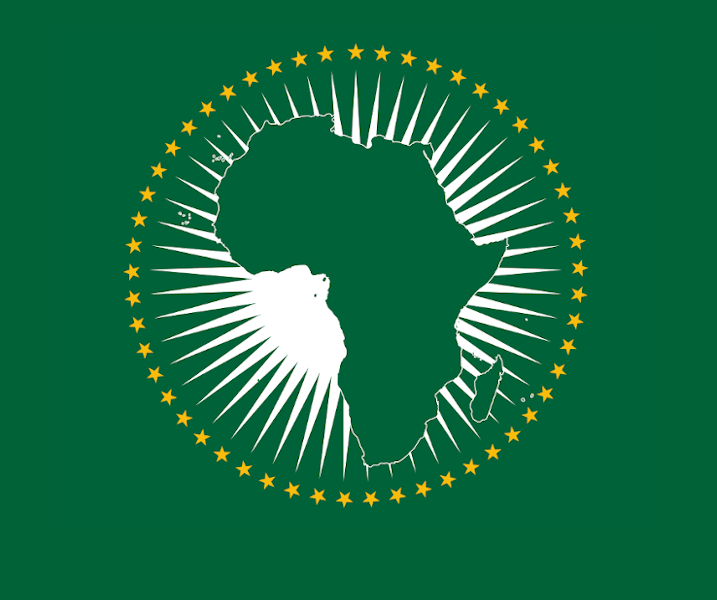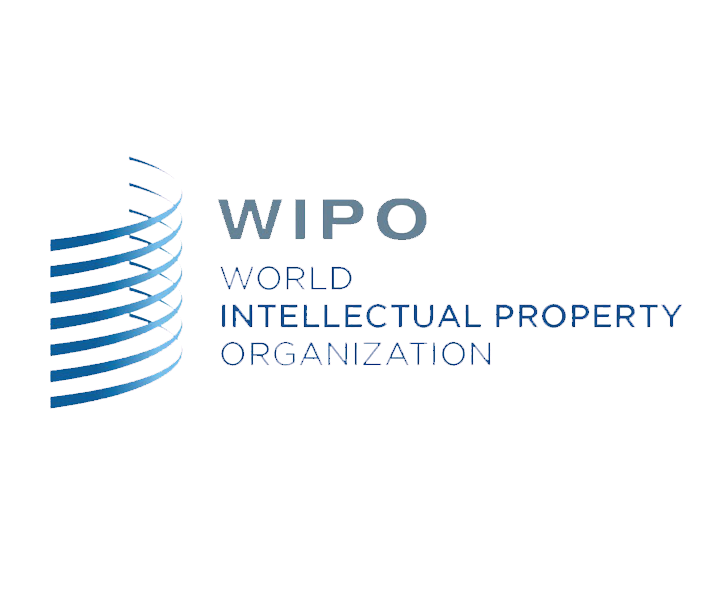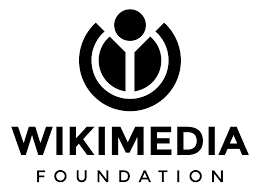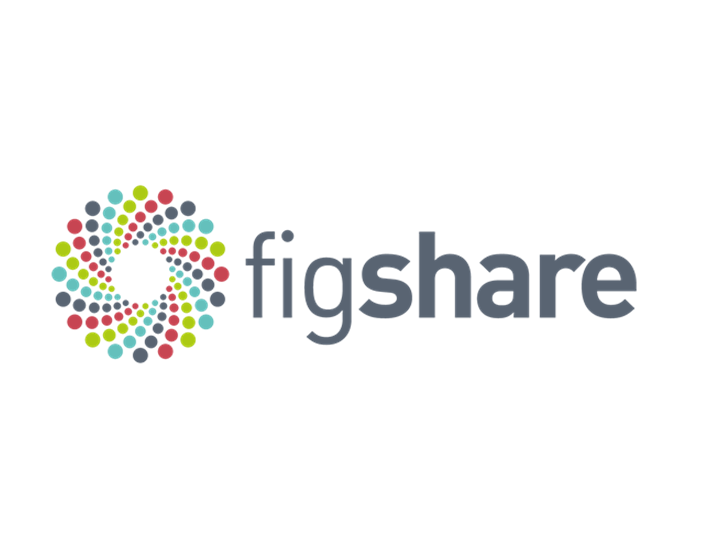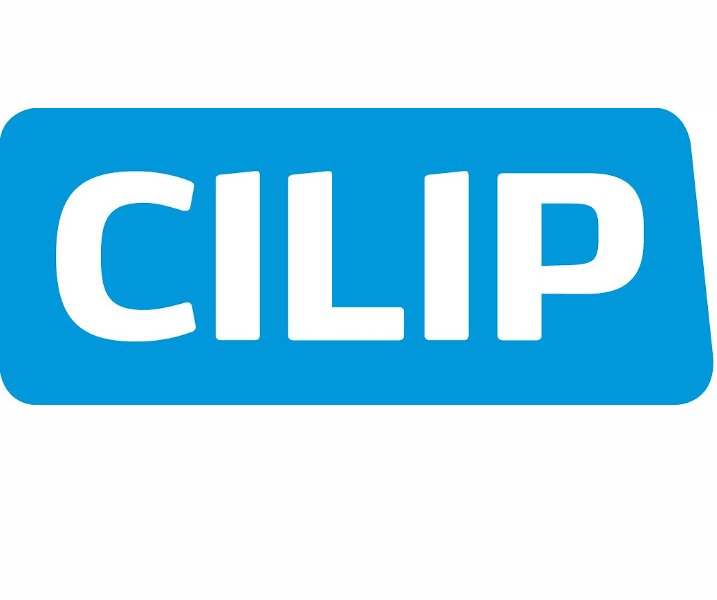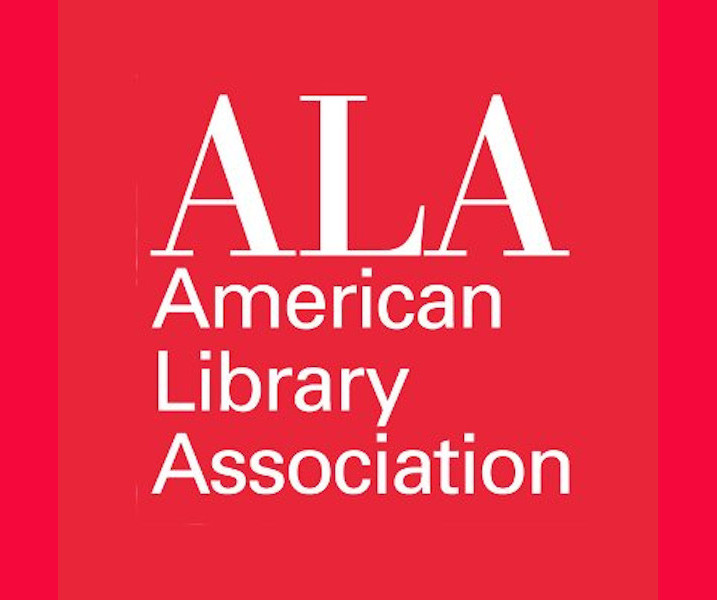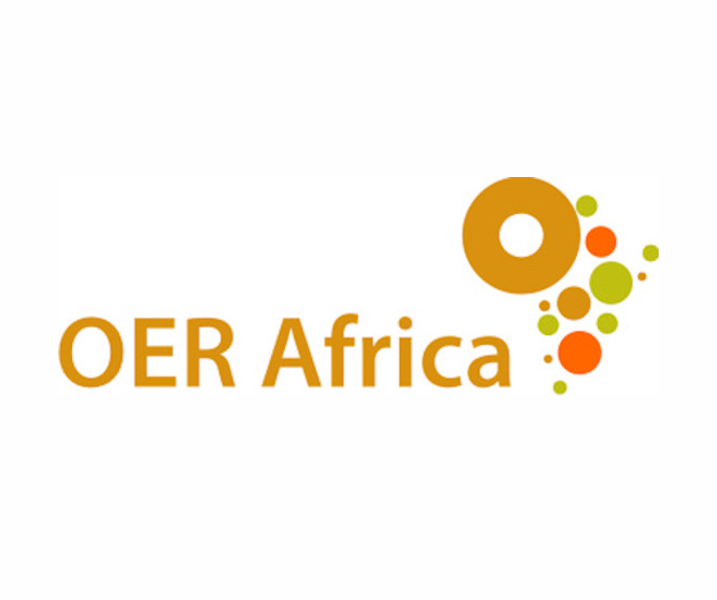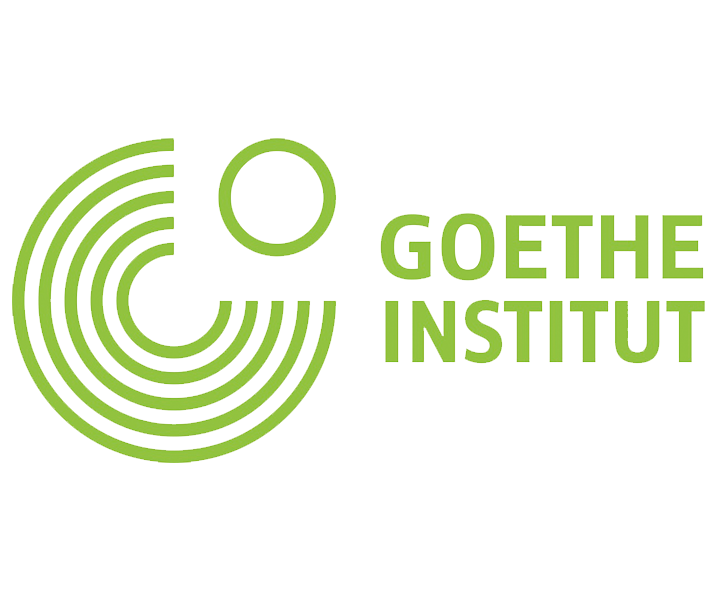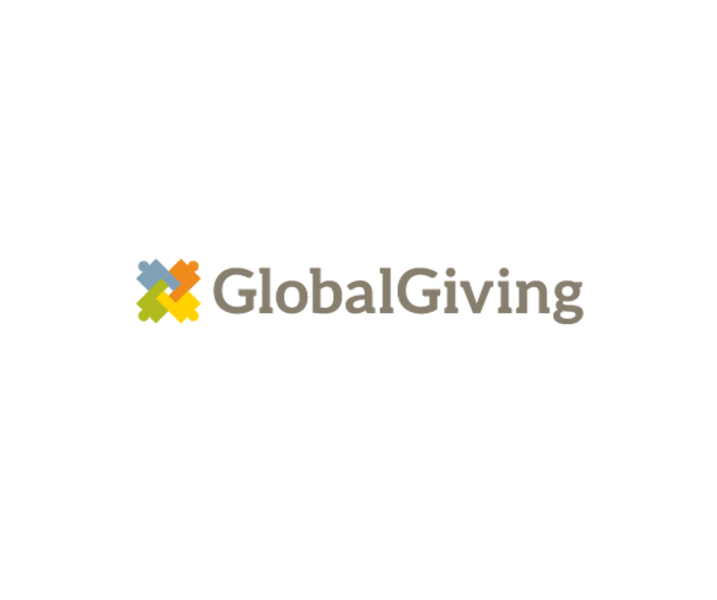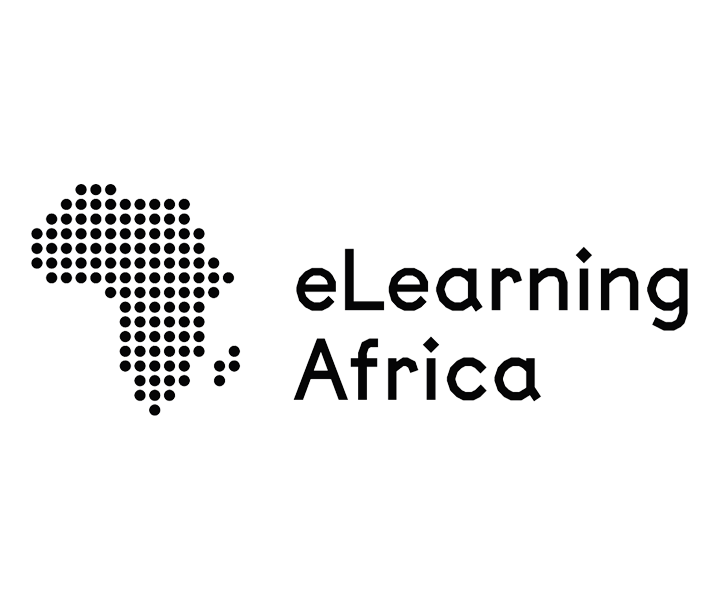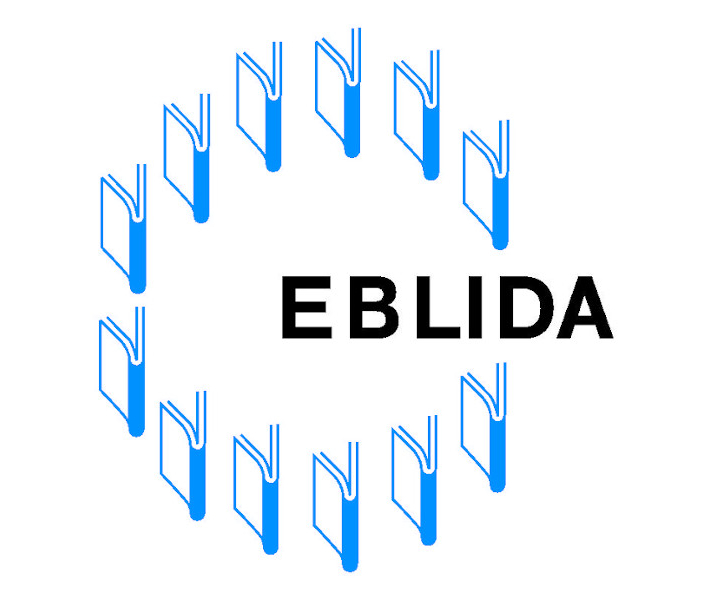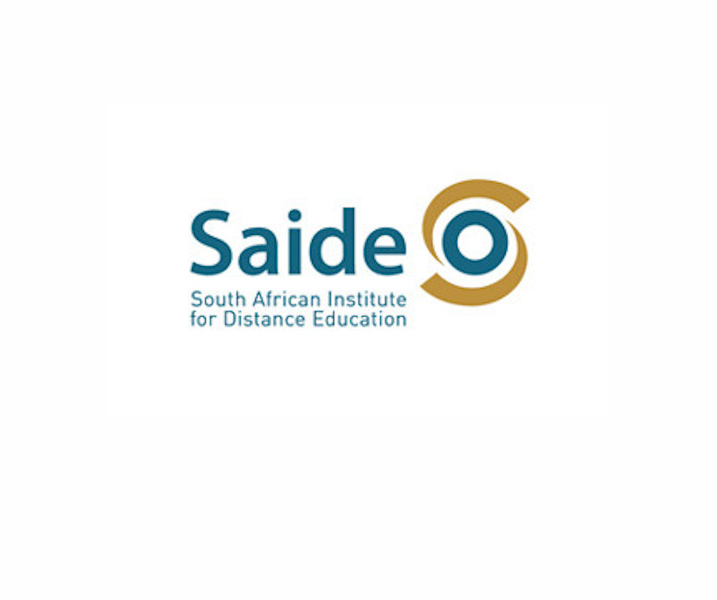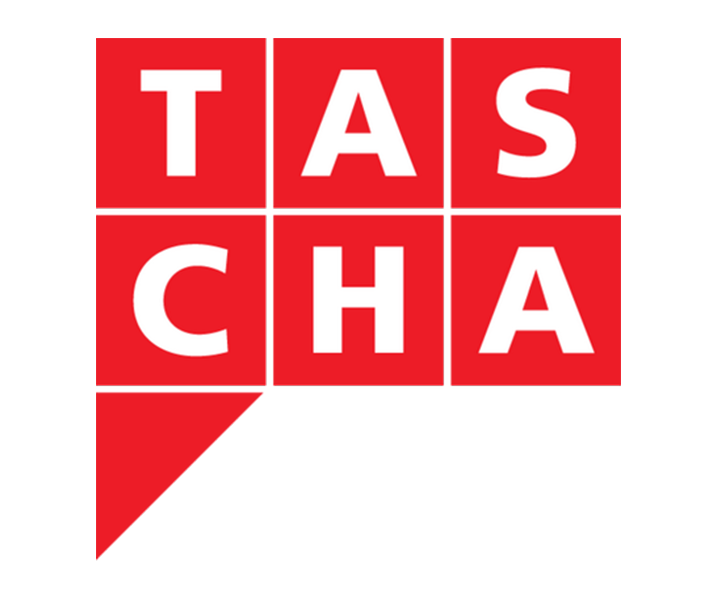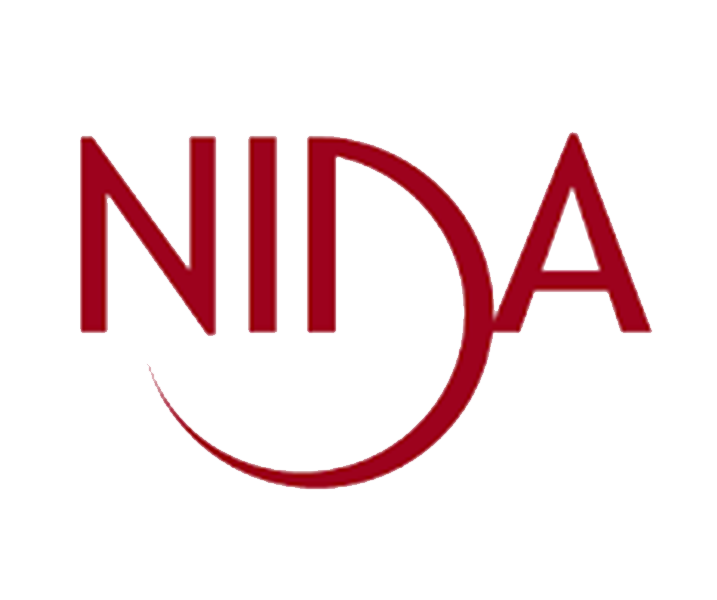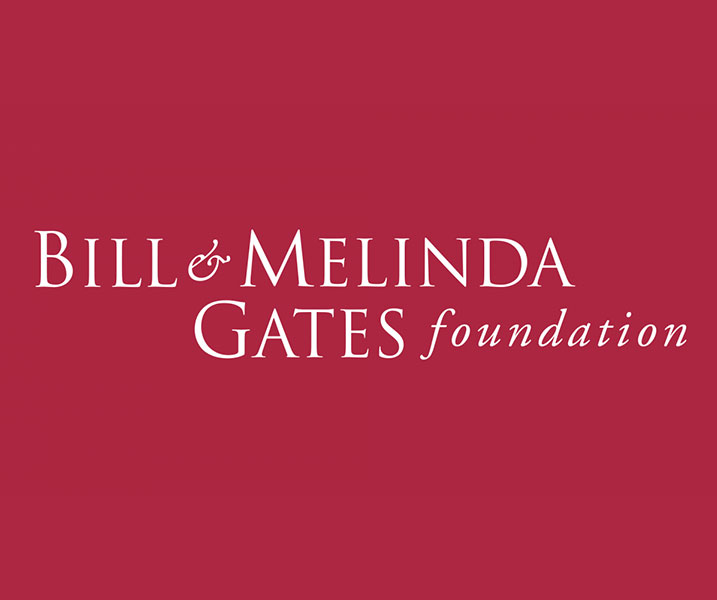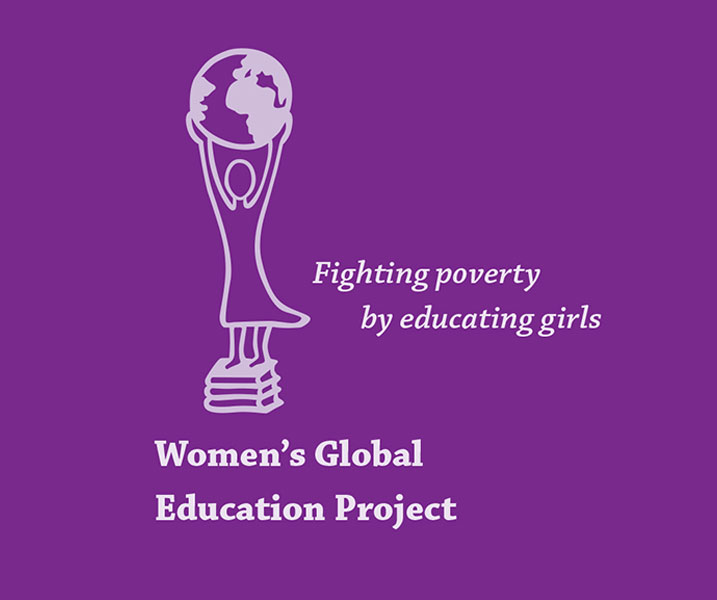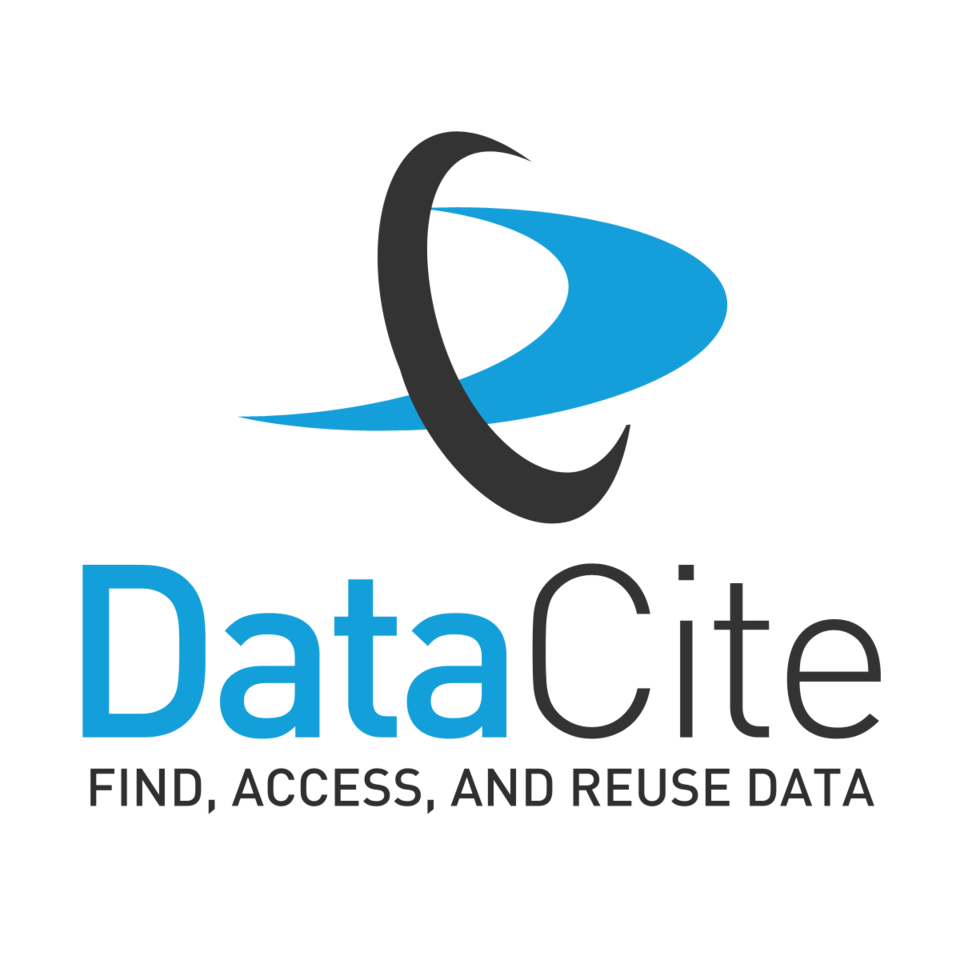Historical Background
The need to investigate the formation of a Continental African Library Association which will provide a platform to discuss issues and further the cause of the library and information sector in Africa was agreed at the First African Library Summit held in Muldersdrift, South Africa in May, 2011. An Exploratory Committee was charged with the task and mandated to report back to the IFLA Africa Section. After extensive consultations with stakeholders, the Exploratory Committee recommended the formation of the African Library and Information Associations and Institutions (AfLIA) which was accepted by the IFLA Africa Section. An Interim Committee was elected at the Mid Term Meeting of the IFLA Africa Section in February, 2013 in Abuja, Nigeria to manage the affairs of AfLIA for two years. The African Library and Information Associations and Institutions (AfLIA) was formally launched on Friday, 5 July, 2013 during the 2nd African Library Summit hosted by the University of South Africa (UNISA) in Pretoria, South Africa. A General meeting of members was held at the 3rd African Library Summit and 1st AfLIA Conference in Accra, Ghana on 2nd June 2015 where the Constitution was amended and approved and a newly elected Governing Council including Section Chairs took office.
AfLIA ( African Library and Information Associations and Institutions (English) | Association Africaine des Bibliothèques et des Institutions d’Information (French) | Associação Africana de Bibliotecas e Instituições de Informação (Portuguese) ) is an independent international not-for-profit organization which pursues the interests of library and information associations, library and information services, librarians and information workers and the communities they serve in Africa. It was established in 2013 and registered as an international non-governmental organisation (NGO) under the laws of Ghana in October 2014.
What We Stand For
Our
Vision
The trusted voice of the African library and information community in Africa’s development.
Our
Mission
To empower the library and information community to actively promote the African development agenda through dynamic services that transform livelihoods.
Our
Values
- Professionalism and Inclusivity
- Integrity Transparency & Accountability
- Innovation & Creativity
- Customer focused and Access to Information as a Human Right
Who We Work With
The African Library and Information Associations and Institutions work with
- Libraries and National Library Associations
- Governments and Government Agencies responsible for Libraries
- African Regional and Economic Bodies
- Global Partners and related organisations
AfLIA's Core Objectives
- Support the library and information profession that anticipates and responds to the needs of communities in Africa.
- Drive high standards in library and information services and professional practices.
- Place African library and information professionals in a position to offer relevant services.
- Support the establishment and strengthening of regional and national library and information associations in Africa.
- Promote libraries and information centres as vital institutions that enhance people's lives through equitable access to knowledge and information and innovative services.
- Embrace the principles of freedom of access to information, ideas and works of imagination and freedom of expression embodied in Article 19 of the Universal Declaration of Human Rights and the Article on African Charter of People's Rights.
- Forge links with other relevant institutions, organisations and associations.
- Put the library and information profession on the national and continental agendas.
- Do all other things that will support the development of LIS on the African Continent.
- Encourage widespread understanding of the value and importance of high quality library and information services in the public, private and voluntary sectors.
- Advance research and development of relevant services to indigenous knowledge as well as information on local communities and preservation of cultural heritage.
- Enable all its members to engage in, and benefit from, its activities without regard to citizenship, disability, ethnic origin, gender, geographical location, language, political philosophy, race or religion.

